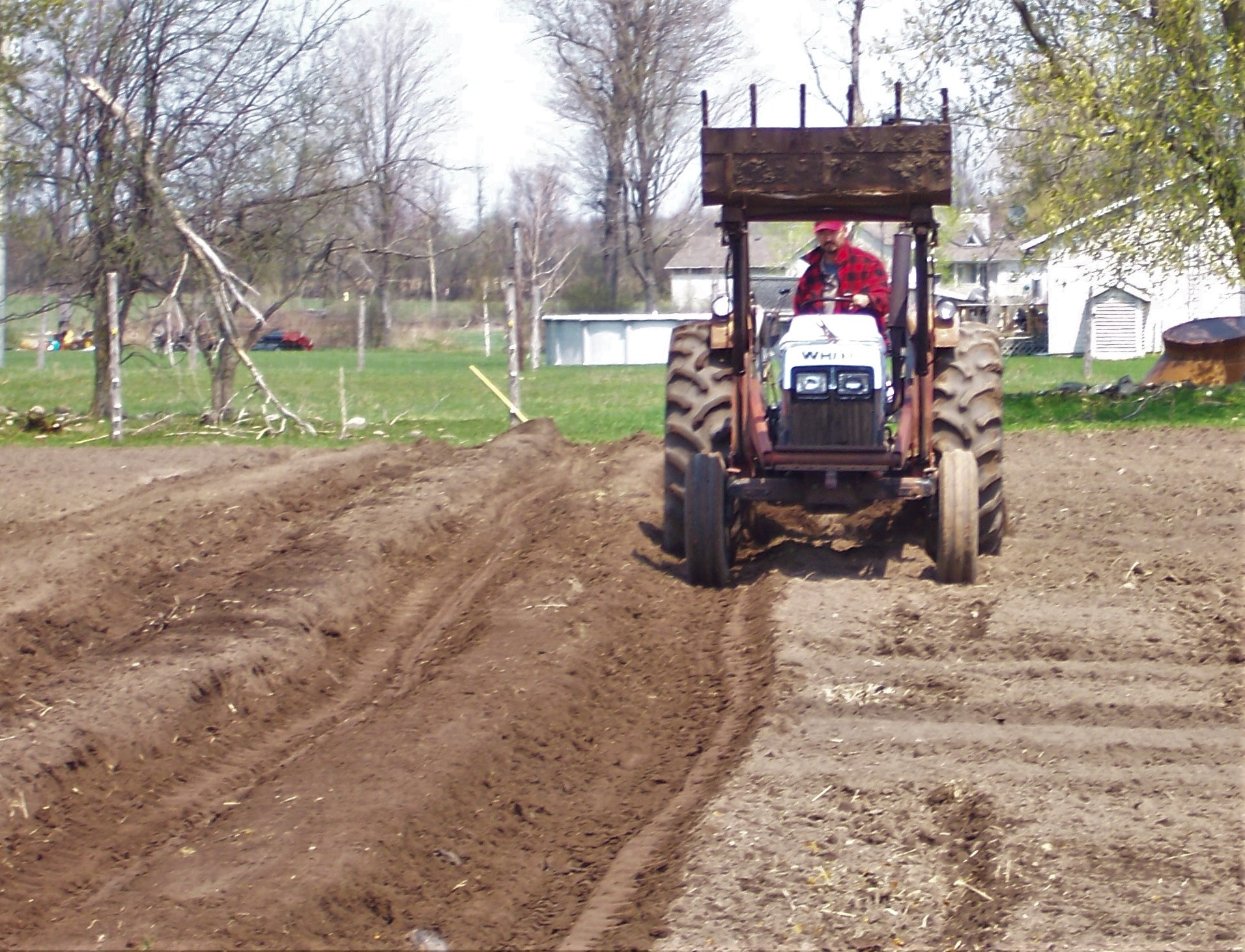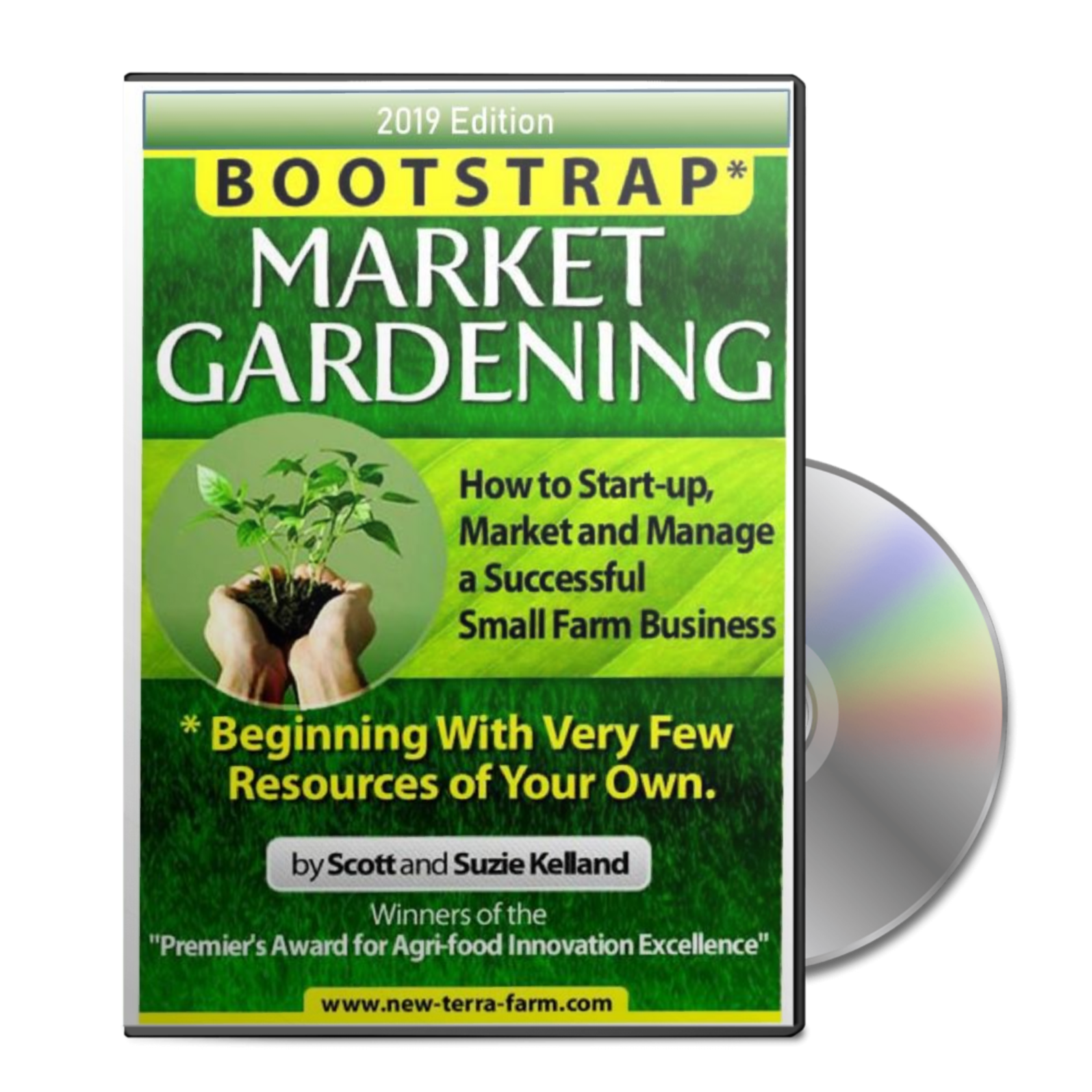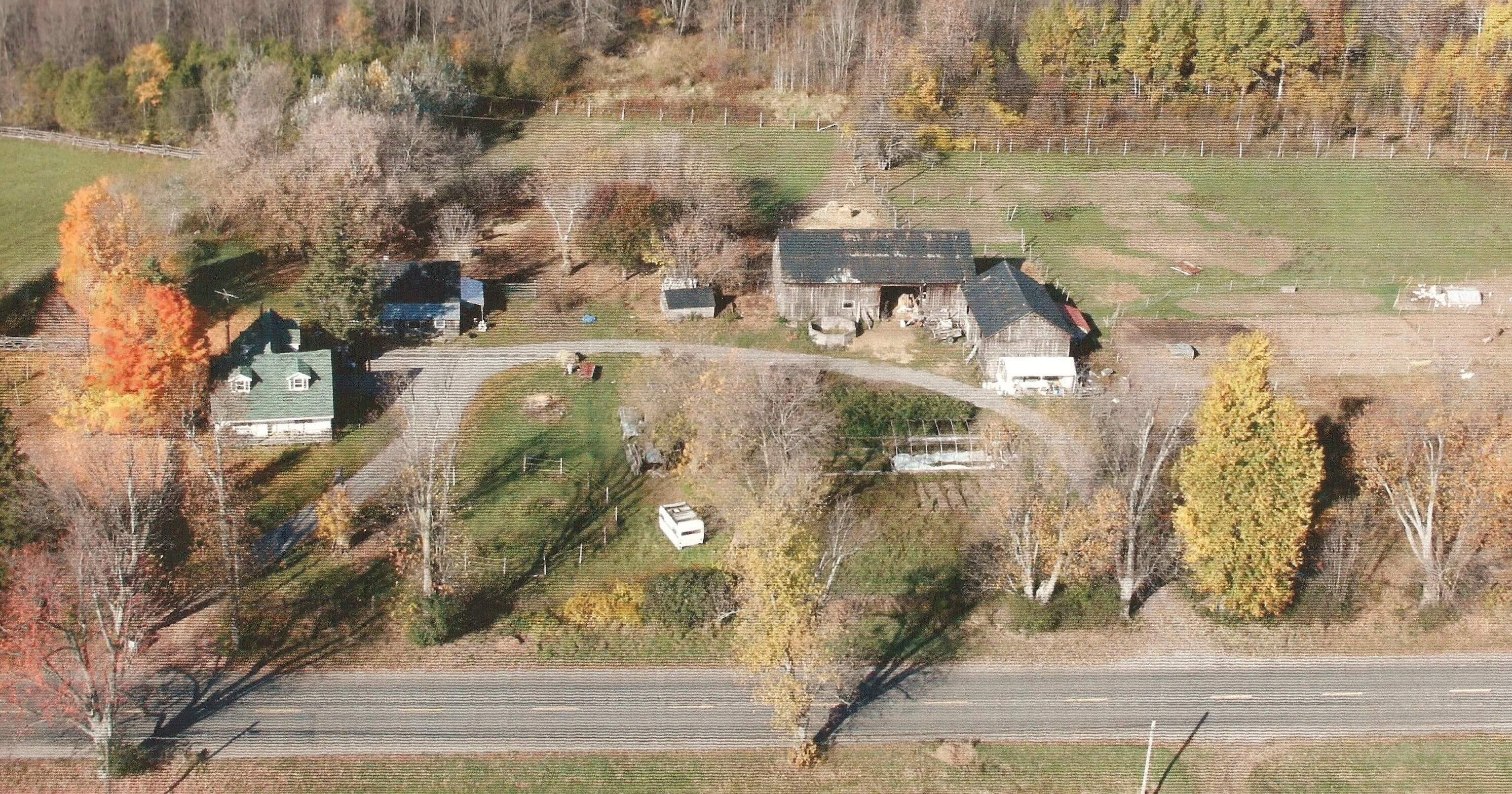More Small Farm Living Tips
Here's a few more small farm living tips and suggestions, based on my experiences over the last 10 years on New Terra Farm. These tips are based on how things REALLY work on small farms, and in farming communities, IMHO.
1. Don't leave the farm
Small farm living is about being there. You can't build the farm if you aren't on the farm. Stay home as much as possible; try compressed work hours or tele-commuting if you still have an off-farm job. You can't learn about your farm unless you spend a lot of time there.
2. Be your own best customer
Start by growing stuff for yourself. This is a good way to learn to reliably produce food crops. From this it follows that you should start by growing stuff you will actually eat on a regular basis; I would start with chicken rather than emu, for example.
3. Reduce off-farm inputs
Every time you buy something in, money (and sustainability) flow out. We rarely buy in fertilizer or other inputs for our farm. We maintain fertility and control weeds in our garden and our fields by rotating both plants and animals.
The pigs and chickens are walking weed eaters and fertilizing machines. We also use cover cropping to maintain soil organic matter, and we make barrels of compost tea to feed our plants directly. Similarly, if you have a woodlot, install a wood-stove. Try to produce as much of your own food, energy and other needs as is feasible. Small farm living is (or should be) sustainable living.
4. Be a creative problem solver
If you have a problem, look around at all your resources for a solution. Most objects have more than one application. For example, when we needed to clear a heavily weeded area for our greenhouse, we could have spend hours digging weeds. Instead, we spread out a large black tarp that we use to cover hay. The tarp stayed in place for a couple weeks, and the weeds were gone.
5. Right tool for the right job
Sometimes the right tool is the only way to go. I used to till my garden with a walk-behind tiller and shape all the beds by hand. Then I discovered bed-shapers that fit behind a tractor tiller.
I got a neighbour to do the whole garden with one of these, in just one afternoon. Huge savings in time, money and wear and tear on my back.
 Thanks Dan, good job!
Thanks Dan, good job!6. Don't buy what you can borrow or rent
In the above example, it wouldn't pay me to buy a bed shaper that I
would use once or twice a year. It usually makes much sense to borrow
or rent useful but seldom-used tools, rather than tie up a lot of your
capital in a purchase.
7. But if you do buy, buy the best
If there is a tool that you need and use regularly, buy the best quality
you can afford. I spent a LOT of money on my chainsaw, but I have been
using it steadily for 10 years with no problems. Cheap tools wear out
quicker, and never do the job. You don't necessarily have to buy new;
sometimes a top-quality used tool is a better deal than the inferior new
one.
8. Get a truck before a tractor.
If you have to choose, get the pickup truck before the tractor. Tractors
on small farms often see 10% usage rates or even less. And tractors can
almost always be borrowed or rented, or the neighbour can be hired to
do the job. Trucks are much more useful, and used. And on a farm, a
4-wheel drive pickup is the only way to go.
9. Support your local community.
Small farming living DOES NOT mean you can be totally aloof or
independent. Get involved in local events, buy from local businesses,
support local charities. If the compost really does hit the fan in a few
years (peak oil, global warming, Mars Attacks, etc) you will be
depending on your community for survival. Make sure they know who you
are and what you can contribute.
10. Plan, plan, plan, then act.
Don't fall into 'paralysis by analysis'. Successful small business
people, including farmers, make their plans, assess the risks, and then pull the trigger i.e. take action. You can't create a life by what you intend to do.
Bonus Small Farm Living Tip 11: Involve your family.
Make sure your small farm living dream is their dream, too. Everyone in your family should both contribute to and benefit from farm living.
For example, raising a small flock of meat chickens can be a well-paying summer job for the kids, and they don't have to leave the farm to earn income. My kids were also allowed to make a pet (just one) of anything. It's a good way for kids to learn about caring for animals.
 Now includes Garden Planner software
Now includes Garden Planner softwareBootstrap Market Gardening, my first Bootstrap Book, shows you step-by-step how to start-up, market and manage an organic market garden based on CSA principles.
New edition includes my Garden Planner spreadsheet. Get Bootstrap Market Gardening only from New Terra Farm.
Or get Bootstrap Market Gardening as part of my Complete Start Farming Pack and save 60%.
- Home Page ›
- Homesteading Today ›
- More Small Farm Living Tips
Recent Articles
-
Selling to chefs is a good niche if you approach it properly
Apr 29, 24 10:30 AM
I've seen some bad advice about selling to chefs. Here's how to do it right. -
Homesteader Book Bundle only from New Terra Farm
Apr 24, 24 08:08 AM
If you have a hankerin' for country living, my best value Homesteader Book Bundle is a great resouirce. -
Grow the 10 most profitable vegetables in your market garden
Apr 21, 24 08:32 AM
Special Report - Grow the 10 most profitable vegetables using the tools and techniques of pro gardeners


